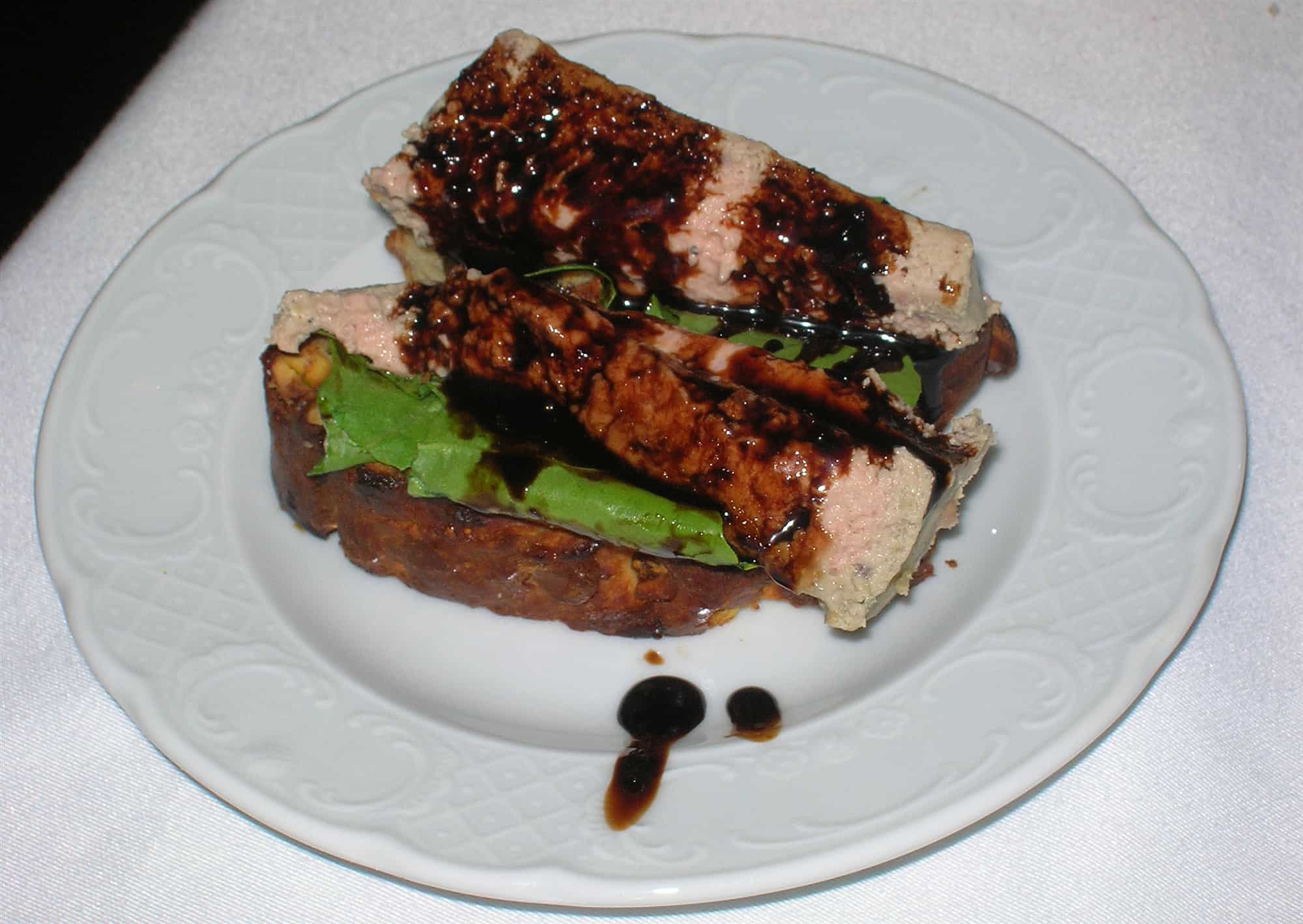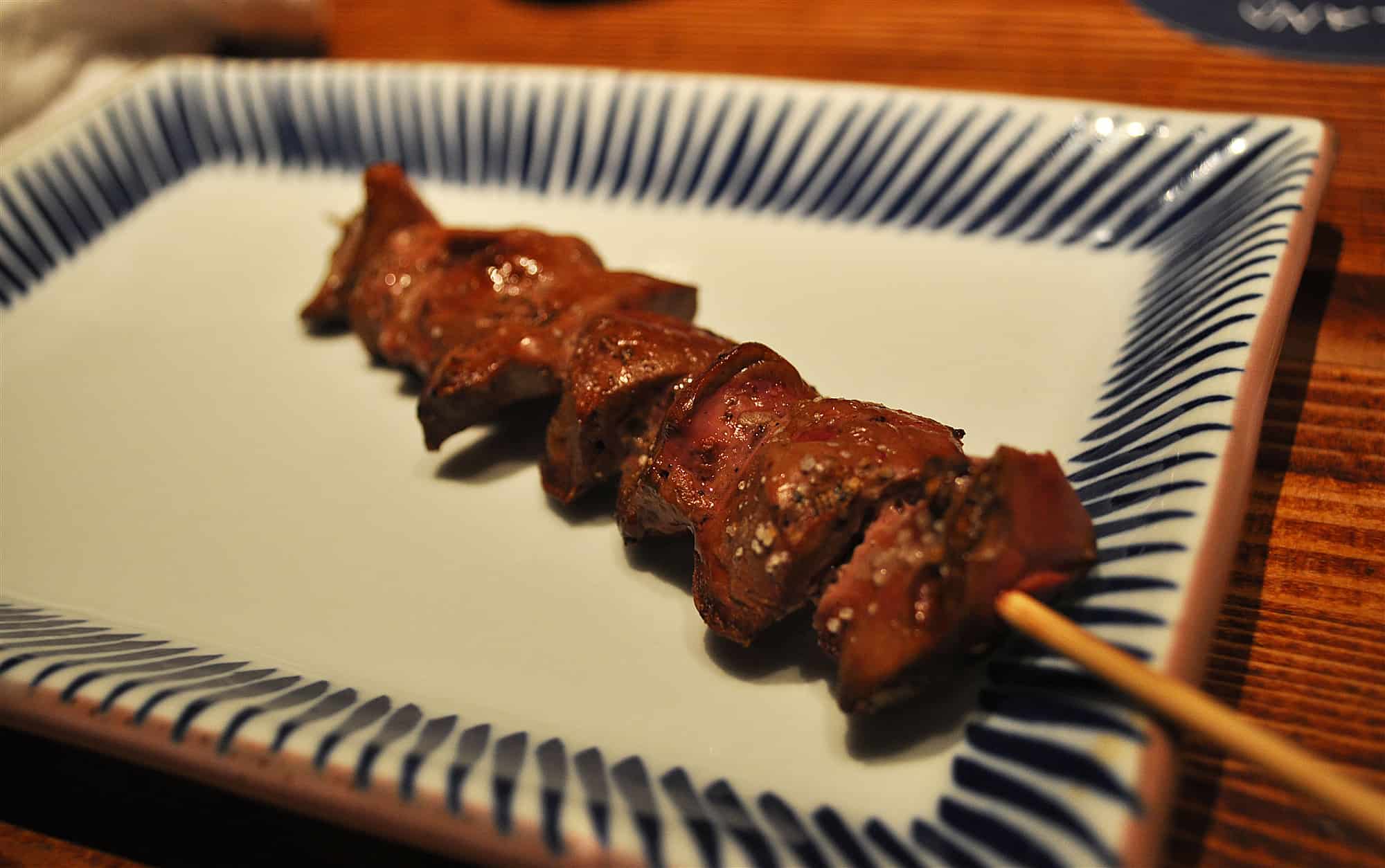Why should you eat chicken liver? Our bodies need protein. Protein supports the collagen that holds bones and muscles together, builds muscle tissue, and helps heal wounds. While various proteins are available to us, they will not have all the benefits of chicken liver nutrition. Chicken livers are especially good for you if they are home raised or organic.

This article will cover
- Chicken Liver Nutrition Facts
- What Can Eating Chicken Livers Do for You?
- Concerns with Eating Chicken Liver
- Eating Chicken Liver Safely
- How to Prepare Chicken Livers
- Delicious Ways to Cook Chicken Livers
- Marinating Chicken Livers
- Eating Your Own Chicken Livers
Chicken Liver Nutrition Facts
Chicken livers can be a great source of healthy proteins as long as you don’t cook them with too much fat and salt. liver is one of the most nutritious foods because it contains protein, vitamins, and minerals.
While chicken livers have a high cholesterol content, the benefits far outweigh the negatives when eaten in proportional measures. Some of the health benefits include:
- Excellent source of protein
- Substantial portions of selenium, which is an antioxidant
- High in B vitamins such as B12, Riboflavin (B2), and Folate (B9)
- The top source of vitamin A
- It contains folate, which prevents birth defects
What Can Eating Chicken Livers Do for You?

While we know chicken livers are good for you, what health benefits can you gain from eating them? Here are the main health benefits The-Benefits lists outline chicken liver nutrition benefits.
| Nutrient | Amount per 100g | Health Benefits |
| Vitamin A | 16,812 IU | Supports eyesight |
| Vitamin B12 | 84.6 μg | Reduces risk of cardiovascular disease, depression, Alzheimer’s, and dementia |
| Riboflavin (Vitamin B2) | 3.4 mg | Repairs tissues |
| Folate (Vitamin B9) | 588 μg | Promotes fertility and fetal development |
| Iron | 8.8 mg | Prevents anemia |
| Selenium | 31.7 μg | Assists with DNA repair, may help reduce risk of cancer |
| Zinc | 2.2 mg | Boosts immune system |
| Magnesium | 18 mg | Boosts energy and helps keep you in a good state of mind |
| Phosphorus | 306 mg | Helps build strong bones and teeth |
A Natural Defense Against Anemia
Chicken liver nutrition can help protect you from anemia. Anemia is caused when you are deficient in red blood cells. Since it is high in Vitamin A and iron, it improves cell function and prevents anemia.
It also supplies your body with B12. This B vitamin supports and balances the production of red blood cells. The iron, folate, and vitamin combination helps keep your body producing healthy red blood cells.
Supports Healthy Eyesight
With such a high content of Vitamin A, 288% of the daily recommended dose, chicken liver nutrition is excellent support for eyesight. Vitamin A comes in alpha and beta-carotene, retinol, and lycopene, which are all essential for good vision.
Riboflavin for Tissue Repair
Body tissue is a critical component of our health. Chicken liver nutrition provides high amounts of riboflavin. Riboflavin helps repair tissues like cracked lips and skin problems due to a lack of riboflavin. Adding chicken livers to your diet can keep your body’s tissues healthy and happy.
Stress Reducer and Fertility Booster
Minimize stress and support fertility by eating chicken livers. They contain nutrients beneficial to maintaining balanced hormones, potentially aiding in stress management and fertility.
The 665 mcg of folate promotes fertility, helps prevent neural tube defects, and ensures proper fetal development.
Boosting Immune System and Energy
In addition to the high iron levels, chicken liver nutrition is an excellent source of zinc, magnesium, and phosphorus. Working together, these minerals boost the immune system. They also help boost energy and help keep you in a good state of mind.
Selenium and B12 benefits for health
The high levels of selenium can assist with DNA repair. This may help reduce the risk of cancer and other illnesses related to damage to DNA.
The enormous amounts of B12, 287% beyond the daily recommended dose, have been linked to several biological processes in the body, including the central nervous system. The B12 found in chicken livers can reduce the risk of cardiovascular disease, depression, Alzheimer’s, and dementia.
Concerns with Eating Chicken Liver

The liver is an organ meat packed more densely with vitamins and minerals than any other source of protein. There is a concern that an individual can overeat this organic meat. The body will store fat-soluble vitamins like A, D, E, and K in the liver and fat tissues. If these vitamins are consumed in too high doses, they can accumulate and eventually reach harmful levels.
Vitamin A is explicitly stored as a fat-soluble vitamin in the liver. Since it clears from the body very slowly, it can build up to a toxic level if consumed in significant amounts over a long period.
It has been recommended that pregnant women do not consume chicken liver. It may deliver too much vitamin A to the fetus, potentially harming the baby.
Eating Chicken Liver Safely
Many poultry enthusiasts often wonder how much chicken liver they should consume for optimal nutrition without worrying about the negative impacts of overeating. Luckily, we have an answer!
Eating 150 grams or about a palm-sized portion once or twice per week is enough to reap all the health benefits and avoid any calorie overload.
However, one significant risk associated with consuming store-purchased chicken livers is that they may not be fully cooked due to substandard handling. This may lead to food-borne illnesses like salmonella poisoning if consumed raw.
As always, cooking meat requires careful preparation plus attention, whereas raw poultry could contain harmful bacteria, including E.coli & salmonella, which might result in food-poisoning but through heating above 165°F (74° C), these bacterias die. It’s essential always to cook them well-done; otherwise, ingesting undercooked meat can also result in ailments such as nausea or stomach cramps.
Proper storage techniques can help prevent bacterial growth on these foods, keeping them fresh longer; so if not consumed within a few days after purchase, either store them at 40°F (4°C) in air-sealed containers then put the package in the refrigerator otherwise freeze immediately at t -18 °C where they will remain safe and usable up-to several months maximum freshness.
How to Prepare Chicken Livers

There are many ways to cook chicken livers. If you are not a fan of liver, you will probably like the taste when adequately prepared. Chicken liver has one of the mildest flavors of any organ meat. Great recipes will go a long way in improving the taste.
BBC Food provides tips on preparing chicken liver.
- First, remove any sinew or green pieces on the liver before cooking. Leaving them on will make the liver taste bitter.
- Examine the liver and cut away any gristle or unpleasant-looking parts.
Delicious Ways to Cook Chicken Livers
There are hundreds of recipes for cooking chicken livers. You can find them in recipe books online or watch YouTube videos on the best recipes for preparing them in a way your family will love. Here are some essential tips for preparation:
- Rinse and season the livers, and simply sauté them in a skillet with a bit of olive oil, garlic, salt, and pepper. Splash with red wine or lemon juice. Serve them thinly sliced on a bed of mixed greens. Add fruit like diced apples, some diced onion, and a little vinaigrette to top it all off.
- After adequately cleaning, dip the livers in an egg wash. Roll them in cornmeal or flour and fry them until they reach 170 degrees F. Serve with your favorite dipping sauce or gravy.
- Chicken pate is easy to make. Cook the livers in olive oil and add white wine or sherry as they are cooking. Place the cooked livers in a food processor and blend with plain Greek yogurt or cream cheese. Season with salt, garlic, lemon pepper, sage, and thyme. You can fold in walnuts for more flavor. Garnish with chopped rosemary and parsley. Chill until the plate is cool. Serve with crackers or crusty bread.
Marinating Chicken Livers

Many people are fans of marinating their meat before cooking. If you love to marinade, there are simple and easy recipes for chicken liver. Here are some easy steps to follow. You must prepare the liver for about 12 to 24 hours before cooking. You can do this the previous evening; they will be ready for dinner the next day.
- Put the liver into a zip lock back or container with a lid. Add your favorite marinade ingredients. Greek yogurt, soy sauce, lemon juice, and herbs make for a great marinade.
- Mix all the ingredients with the liver and ensure the meat is covered. Close up your bag or container and store it in the fridge for 12 to 24 hours.
- Remove the livers from the fridge and allow them to warm to room temperature. Preheat your pan with oil, lard, or butter.
- Fry the livers for 10 to 15 minutes, or until they are no longer pink in the middle. You can use the leftover marinade to cook the liver in, or you can use it to make a sauce.
Eating Your Own Chicken Livers
Perhaps you are a practical homesteader or backyard chicken farmer, and you are willing to utilize your poultry for meat after their laying productivity has ended. If you choose to butcher your own chickens, you certainly benefit from chicken liver nutrition.
Knowing how to butcher humanely and properly will take some research. There are videos and websites available to find that information. You can also contact a local farmer who would probably be willing to walk you through the steps. They are actually quite simple.
You also need to know the anatomy of a chicken in order to find the organs you want to eat. The liver, heart, and gizzard are the organs eaten in chickens.
Summary
Even if you have not been a liver fan in the past, you should consider benefitting from chicken liver nutrition. Chicken liver is one of the best sources of protein on the planet. It contains 200% of the daily recommended values of essential vitamins as well as vital minerals. Eat them twice a week to improve your health. There are great recipes so even the pickiest can enjoy chicken liver.

Joseph Hudson has been raising chickens for over 15 years. In 2018, he completed the Agriculture & Natural Resources program at Mt. San Antonio College. He currently raises over 1400 chickens on his 7.5-hectare farm. He keeps sharing his experience on raising healthy and happy chickens on Chicken Scratch The Foundry.







